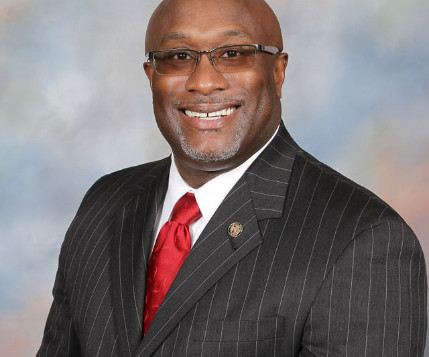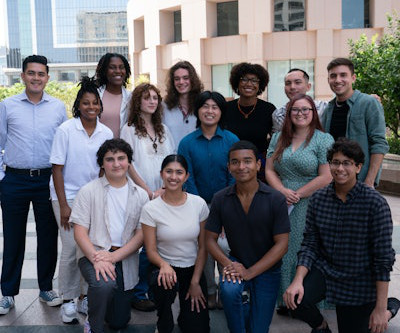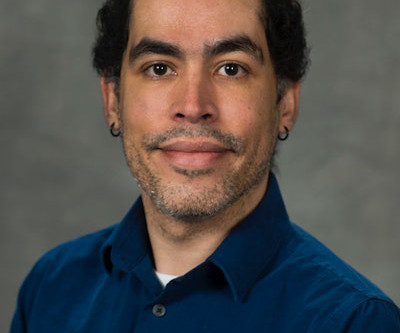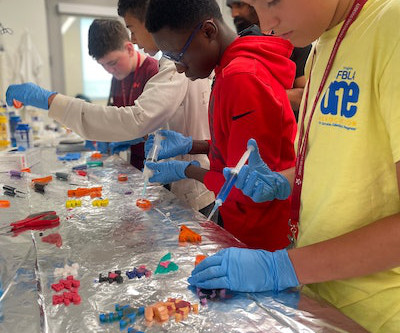Student Success in STEM
Diverse: Issues in Higher Education
FEBRUARY 5, 2025
In 2018, according to the Pew Research Center, Black students earned just 7% of STEM bachelors degrees, compared to their 10% share of all bachelors degrees and 12% representation in the adult population. However, disparities in STEM degree attainment reflect systemic barriers that hinder progress.

















Let's personalize your content